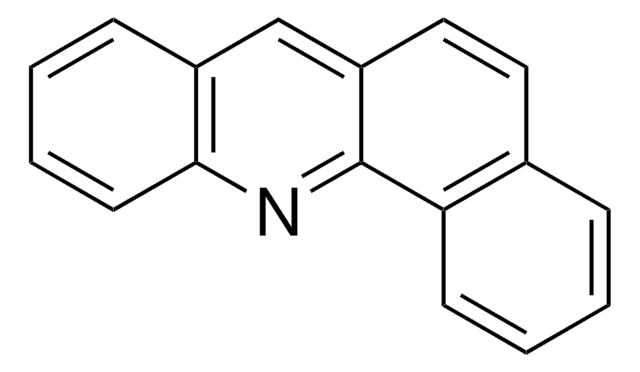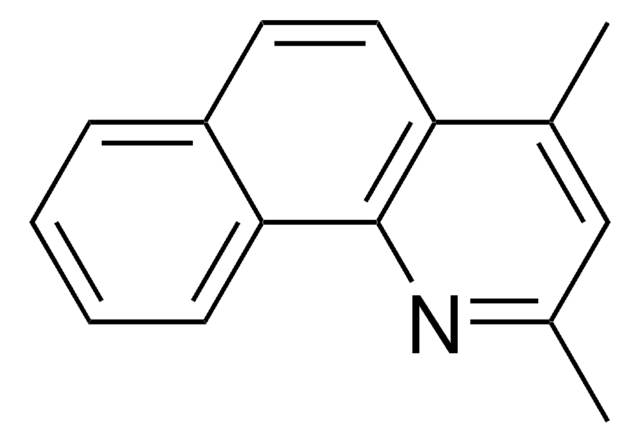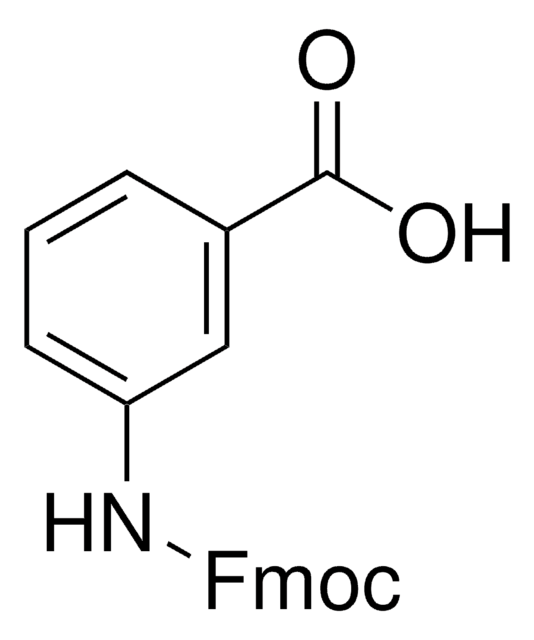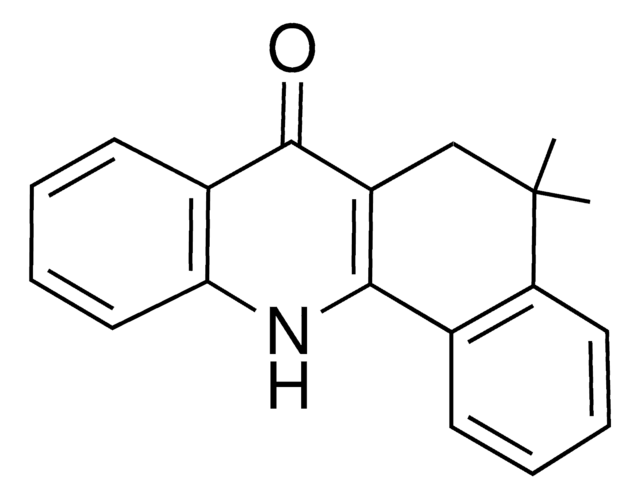BCR158
Benz[c]acridine
BCR®, certified reference material
About This Item
Recommended Products
grade
certified reference material
Agency
BCR®
manufacturer/tradename
JRC
technique(s)
HPLC: suitable
gas chromatography (GC): suitable
format
neat
storage temp.
2-8°C
SMILES string
c1ccc2nc3c(ccc4ccccc34)cc2c1
InChI
1S/C17H11N/c1-3-7-15-12(5-1)9-10-14-11-13-6-2-4-8-16(13)18-17(14)15/h1-11H
InChI key
OAPPEBNXKAKQGS-UHFFFAOYSA-N
Analysis Note
BCR158
Legal Information
Signal Word
Danger
Hazard Statements
Precautionary Statements
Hazard Classifications
Acute Tox. 4 Oral - Eye Dam. 1
Storage Class Code
11 - Combustible Solids
WGK
WGK 3
Flash Point(F)
Not applicable
Flash Point(C)
Not applicable
Choose from one of the most recent versions:
Certificates of Analysis (COA)
Sorry, we don't have COAs for this product available online at this time.
If you need assistance, please contact Customer Support.
Already Own This Product?
Find documentation for the products that you have recently purchased in the Document Library.
Our team of scientists has experience in all areas of research including Life Science, Material Science, Chemical Synthesis, Chromatography, Analytical and many others.
Contact Technical Service
![12-chlorobenzo[b]acridine AldrichCPR](/deepweb/assets/sigmaaldrich/product/structures/247/340/8c0d93cd-830f-4d5f-b29f-8b154b59ac25/640/8c0d93cd-830f-4d5f-b29f-8b154b59ac25.png)


![Benz[a]acridine BCR®, certified reference material](/deepweb/assets/sigmaaldrich/product/structures/207/419/0aadf1df-8fad-4c85-b2cc-73ba0e6fa8b4/640/0aadf1df-8fad-4c85-b2cc-73ba0e6fa8b4.png)
![4H-benzo[def]carbazole AldrichCPR](/deepweb/assets/sigmaaldrich/product/structures/319/198/4208123a-456b-4f27-bc62-bc3af7c1d403/640/4208123a-456b-4f27-bc62-bc3af7c1d403.png)





